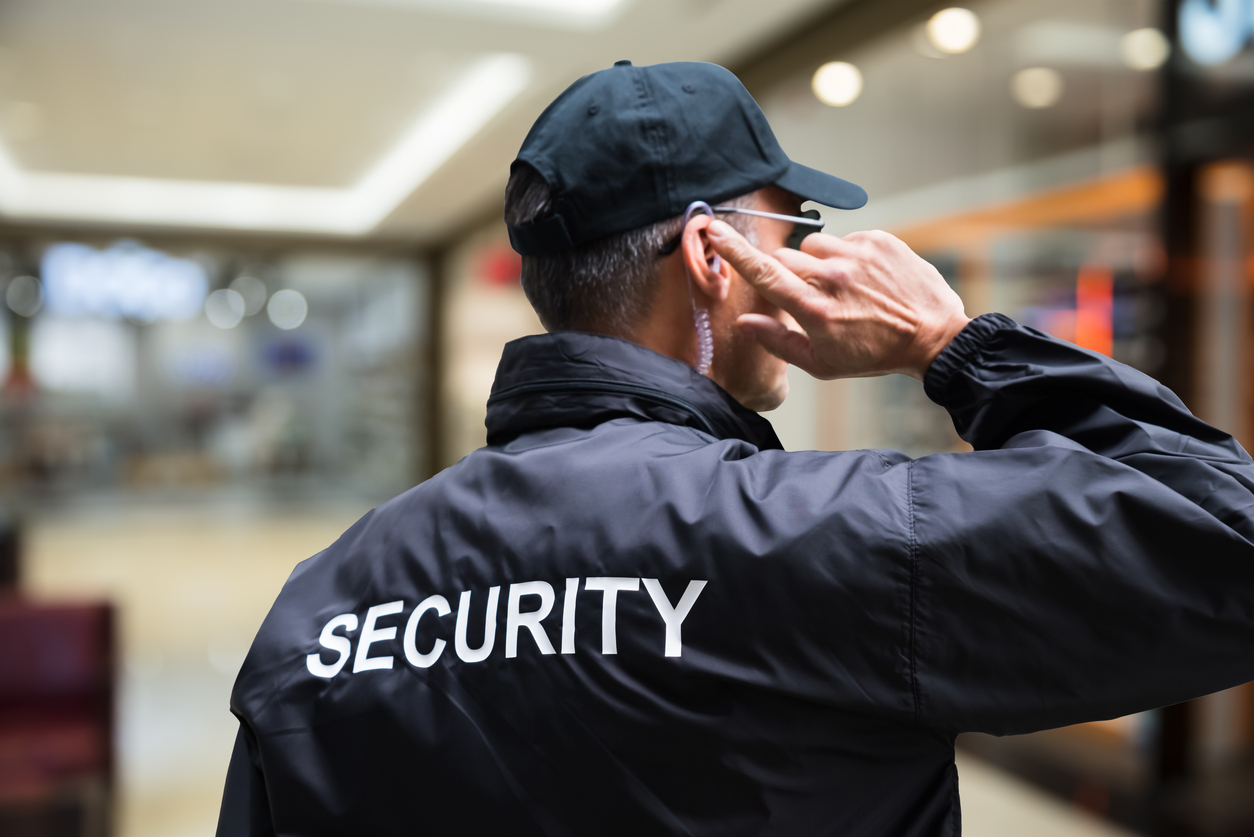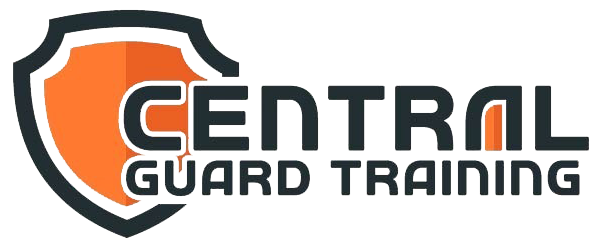
Powers Of Arrest – Section 494
Powers of Arrest – Section 494: Understanding the Legal Framework
In the field of law enforcement and security, understanding the legal powers related to arrest is essential for maintaining order and ensuring public safety. Among the various statutes governing arrest powers, Section 494 of the Criminal Code of Canada holds particular significance. This blog delves into the details of Section 494, its implications for law enforcement officers and security personnel, and the importance of adhering to legal standards when making an arrest.
Overview of Section 494
Section 494 of the Criminal Code of Canada outlines the powers of any citizen, including private security personnel, to arrest individuals without a warrant under specific conditions. This section allows private citizens to take action when they witness a crime that involves:
- A person committing an indictable offense: This refers to serious crimes such as theft, assault, or drug offenses.
- A person who is about to commit a crime: This includes situations where an individual demonstrates an immediate intention to commit a criminal act.
The section aims to empower individuals to act in the interest of public safety while also ensuring that arresting someone without a warrant is handled appropriately and legally.
Key Provisions of Section 494
1. Authority to Arrest Without a Warrant
Section 494(1) grants individuals the right to arrest a person who is committing or has just committed an indictable offense. Additionally, it allows them to arrest someone they find committing a summary offense (a less serious crime) if the individual is found committing this offense in the act or shortly thereafter.
2. Private Citizens and Security Personnel
While law enforcement officers have broader powers, Section 494 specifically mentions that private citizens—this includes security guards—are permitted to apprehend someone under certain circumstances. However, it is vital that these individuals act within the confines of the law and follow proper procedures to ensure legitimacy.
3. Use of Reasonable Force
When making an arrest under Section 494, individuals (including security personnel) are allowed to use reasonable force if necessary. However, the use of force must be proportionate to the situation and should only be employed when absolutely necessary. Excessive use of force can lead to legal repercussions and potential criminal charges.
4. Obligations Following an Arrest
Once an arrest is made, the individual who made the arrest must take the arrested person before a justice of the peace or other competent authority without unnecessary delay. This is crucial to uphold the legal process and ensure the arrested individual’s rights are respected.
Implications for Security Personnel
For security professionals, understanding the powers granted under Section 494 is crucial, as it directly impacts their day-to-day responsibilities. Here are some important implications for security guards:
1. Proper Training
To effectively utilize the powers under Section 494, security personnel should undergo thorough training that includes understanding legal rights and limits regarding arrests, the appropriate use of force, and the correct procedures to follow once an arrest is made.
2. Minimizing Liability
Acting outside the legal framework can lead to serious consequences, including criminal charges or civil lawsuits. Security personnel must be aware of their rights and responsibilities to minimize liability and reinforce public trust.
3. Building Professional Credibility
When security guards act within the legal bounds set by Section 494, they enhance their professional credibility. This fosters a positive relationship with law enforcement, the community, and the organizations they protect.
Key Considerations
While Section 494 provides crucial powers of arrest, it is essential for individuals to approach each situation judiciously. Here are key considerations to remember:
- Assess the Situation: Before deciding to arrest someone, evaluate whether the individual is indeed committing an offense and if immediate action is required.
- Document Everything: Any arrest made should be thoroughly documented, including details of the incident, the implicated parties, and the rationale behind the decision to arrest. This documentation can be vital for any subsequent legal proceedings.
- Prioritize Safety: The safety of all individuals involved—including the person being arrested, bystanders, and the arresting individual—should always be the priority. Avoid situations that can escalate unnecessarily.
Conclusion
Understanding the powers of arrest under Section 494 of the Criminal Code of Canada is essential for anyone operating in the security field. This legal framework empowers citizens and security personnel to act when they witness criminal activity, but it also requires a strong commitment to ethical practices, proper training, and adherence to legal procedures. By respecting the law and utilizing these powers responsibly, security professionals can ensure they contribute positively to community safety while protecting their rights and the rights of others.



